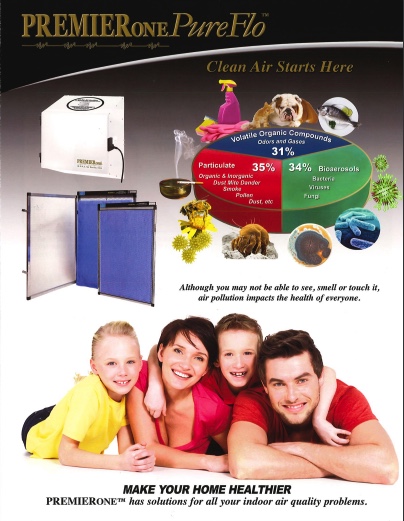R&D Heating and Cooling is open for all services
Call for a free estimate today T. 610-444-6421
Residential Indoor Air Quality
Indoor Air Quality extends well beyond a simple filter that you replace every few months
The impacts of indoor air quality equipment on your health and your home are far beyond what most homeowners realize. If you experience… allergies or have respiratory conditions such as asthma your home’s air quality can directly trigger or exacerbate a condition. If you notice trim work separating from your walls, gaps or buckling in hardwood flooring, or cracks in drywall, these are all symptoms of poor indoor air quality. All of these issues can be remedied, or at least lessen in severity, by having a proper indoor air purification system installed.
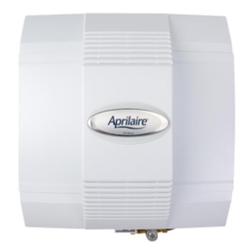
Humidifiers
During the winter a home’s indoor relative humidity can be as low as 13-16%. For comparison, the Sahara Desert is 25% relative humidity. Hence the reason many people suffer from dry skin, nasal issues, among other things during the winter. The ideal indoor humidity during the heating season is 50%. At 50% humidity your body receives more moisture which alleviates many of the issues with dry air. Additional benefits are less “gapping” of wood flooring which could cause damage and increased heating efficiency as the water molecules in the air will retain heat for a longer period of time. If you have allergies, pets, children, or wood floors and furniture, a humidifier is a necessity!
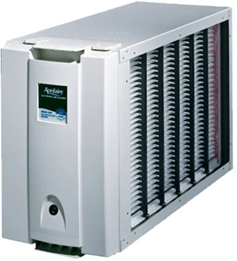
Air Purifiers
For those that have respiratory issues or acute allergies, an air purification system can potentially solve a multitude of issues. The Environmental Protection Agency (EPA) listed indoor air pollution as one of the top 5 health risks. One cubic foot of air can have as much as 30 million pollutants in it which is 100 times more than the air outside. Pollutants such as mold spores, pet dander, bacteria, pollen, and dust mites! Air purifiers use a thicker filter which captures particulate matter in the air before being distributed by the heating and cooling system throughout your home. These filters can remove particulate matter down to a small as .01 microns, for reference a human hair has a thickness of 20-180 microns. Additionally, some air purification systems use electrostatically charged filters which remove up to 99% of air contaminants. There is a wide array of air purification options, the Certified Indoor Air Quality Specialists at R&D can help you find the best option for you and your home.
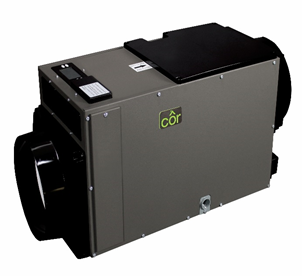
Dehumidifiers
Not having enough humidity in a home can cause a variety of issues but having excessive humidity within your home can be equally harmful. Chief among high humidity issues is the potential for mold growth. If you have a damp basement, a dehumidifier may be an ideal solution if you are trying to remove dampness and or musty smells throughout your home.
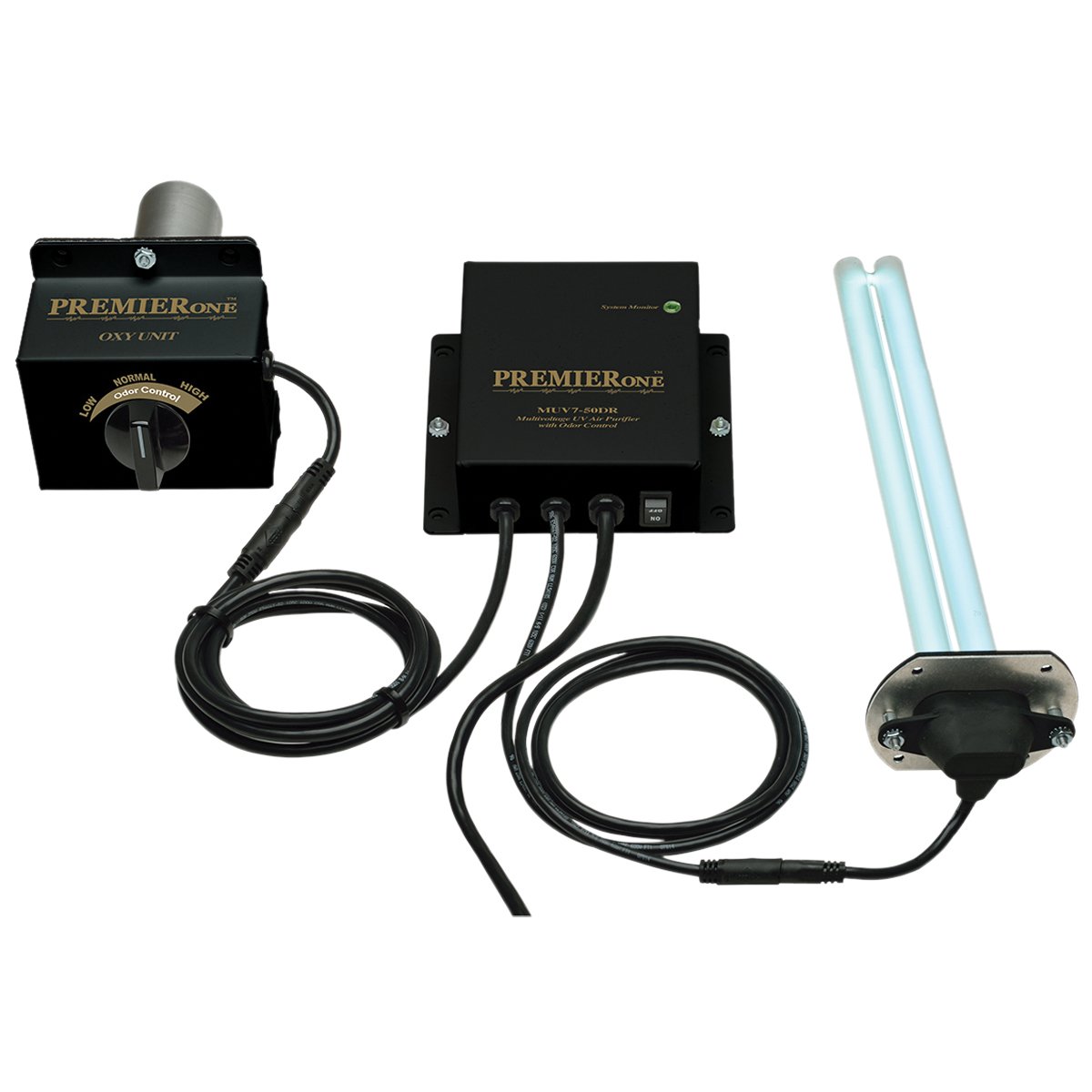
Ultra-Violet (UV) Lights
Germicidal UV lights are commonly used in hospital applications in which removing harmful germs and viruses is paramount. In residential applications these units are extremely effective at destroying germs, bacteria, viruses, and odors everywhere throughout your home. Germicidal UV systems are comprised of two components, a UV light which will destroy any bacteria, mold, or fungus the light comes into contact with. The second component entails a germicidal emitter which creates ozone. Unlike the UV light which destroys containments as they pass the UV light, the emitter creates an ozone cloud essentially which destroys contaminants within the home’s ductwork as well as throughout the home. The UV systems provided by R&D are adjustable in that you can turn up the ozone production or turn it down based on need. This is one of those products that should be installed on every heating and air conditioning system.
What are UV light air purifiers?
"UV air purifiers are designed to use short-wave ultraviolet light (UV-C light) to inactivate airborne pathogens and microorganisms like mold, bacteria and viruses. They have the same ultimate goal of all air purifiers: to reduce indoor air pollutants. The technology is also referred to as UV germicidal irradiation, or UVGI air purifiers. This is different from other air purifier technologies that contain UV light technology but do not use it directly against air pollutants". Read More
View Premier One BrochureWhat type of Air Quality issues are you experiencing?
Managing the quality of the air in your home requires much more than changing the air filter every few months. With indoor air being one of the top 5 most highly polluted environments, having a comprehensive approach to purifying your homes air is critical, especially if you live in a newer home. The impacts of indoor air quality on your health and your home are far beyond what most homeowners realize.
Select the issue that applies to you to discover which equipment is best for you
Dry air and dry skin is not just uncomfortable, but it can also be unhealthy. Low humidity will dry out your nasal passage and make you more susceptible to viruses and infections. Dry air wicks the moisture from your skin, leaving you feeling chilly, even at normal temperatures.
Dry air can agitate allergies and asthma symptoms. Additionally, it makes you more susceptible to catching a cold or flu virus because it dries out your nasal membranes, making the lining of your nose more susceptible to bleeding and infections.
Wood flooring and drywall, among other things in your home, are susceptible to expansion and contraction due to humidity. In the winter, wood will contract and in the summer it will expand due to moisture absorption or loss. Adding a humidifier will help ensure a constant moisture content thus preventing damage to your home.
Static electricity is an entertaining science project, but it is not entertaining to anyone that has experienced a sharp jolt as they touched a piece of metal. Static electricity can be virtually eliminated by simply adding moisture to the air with a humidifier.
Some home’s need an extra system to reduce the level of humidity to a more comfortable level. Often, this will help with mold and mildew problems, respiratory issues, and other problems caused by high levels of humidity. If you have water forming on the inside of your homes windows or flooring starting to cup, a dehumidifier is the answer.
If you have mold, mildew, or musty smells in your home it is often caused by high humidity which produces a breeding ground for biological growth. A dehumidifier will reduce humidity as well as the potential for mold and mildew to spread.
The EPA has named indoor air pollution as one of the top five environmental risks to public health. That’s because toxins in the air like dust mites, molds, and mildew can find ideal conditions in an improperly maintained indoor environment. Many of these pollutants are responsible for extreme allergies, asthma, and other respiratory issues. The equipment available from us, and the expertise that goes into its installation, can remove harmful pollutants and provide optimal conditions for clean and fresh air in your family's home.
